As competitors increase acquisitions, the US group slows from a stellar growth in 2017. Now, WeWork are hopeful that a strategic rebrand will help showcase potential future growth, after they lose $14bn from their biggest investor.
But first, the flexible office space provider almost halved the amount of new space it signed up for in the capital last year, as competitors ramped up their own property acquisitions.
WeWork’s Stellar 2017
WeWork had a great 2017 in London, taking on 1.2m square foot of new space making it the city’s largest private occupier of office space. However, data from property agency JLL reveals that this figure halved in 2018, as they signed agreements for just over 650,000 square foot of property.
“They had huge, stellar growth in 2017 – that growth is probably not sustainable year on year”.
Comments Elaine Rossall from JLL. Strong demands from the flexible office sector, “combined with a shrinking development pipeline”, has reduced opportunities to lease suitable buildings.
She further adds WeWork have new sites that are still under construction, meaning “they have a number of centres due to open in 2019 and 2020 – they are looking much further out”.
Financial results reveal WeWork have taken on £3bn of UK leasing commitments spanning over the next two decades. The US group still remains London’s largest flexible office group, but rivals are seeking to capitalise on the sector’s higher profile, increasing their uptake from 850,000 square foot of new leases in 2017, to 1.2m in 2018. This included 236,000 square foot in five buildings leased by The Office Group, acquired by Blackstone in 2017.
It seems as if the flexible office operator industry is shrinking, as take-up of new office spaces by Flexi providers decreased from 2m square foot of new leases in 2017, to 1.8m in 2018. WeWork commented: “The UK is a strong market for us, and we continue to grow here and around the world. Occupancy has increased here every year, and we expect that to continue.”
WeWork’s new spaces are mainly leased, but include a few buildings bought with investment partners. Some of their larger sites, such as Two Southbank Place (which WeWork say will be the world’s biggest co-working space) have yet to open.
WeWork entered the London market in 2014, and were first known as a provider of co-working space for start-ups, freelancers and SMEs.
However, Neil Prime from JLL, said the sector is now obtaining business from larger companies as they move towards “core and flex” strategies, combining buildings on long leases, with short-term flexible commitments. Prime commented: “As this market has grown in importance we continue to see an increase in the number of providers looking to capitalise on this demand. There are already over 60 unique operators across central London and we expect more names to enter the market”.
Hopeful Rebranding
WeWork is rebranding as The We Company, as the loss-making share office provider is seeking to reassure investors of its future growth potential, by ramping up its communal living apartments and schools businesses.
The company’s founder and chief executive Adam Neumann, announced the rebranding at an annual conference at the beginning of January, just after their biggest investor, Japan’s SoftBank, scaled back its planned investment for this year with a substantial drop from $16bn to just $2bn.
The We Company will encompass three divisions, WeWork, running 500 serviced offices across the world, WeLive, co-living residences, and WeGrow, an educational business ran by Neumann’s wife.
While WeWork is more established, the other two divisions are in their infancy. There are only two WeLive communal living facilities in the world (one in New York, and the other in Washington DC), while WeGrow operates just one school for three-11 year olds in New York.
“When 2019 comes and if the world goes into a real downturn, the one thing you are not going to see us do is be afraid or slow down or take less risks.”
Neumann told Fast Company: “For me, a downturn is not scary. It’s an opportunity.”
The company, which has the tagline “Do What You Love”, has risen to become London’s biggest office occupier. WeWork has office space in 42 office buildings in the capital, including eight floors of a block in Moorgate which can house more than 3,000 workers.
WeWork has yet to turn a profit and reported a loss of $723m in the first half of 2018.

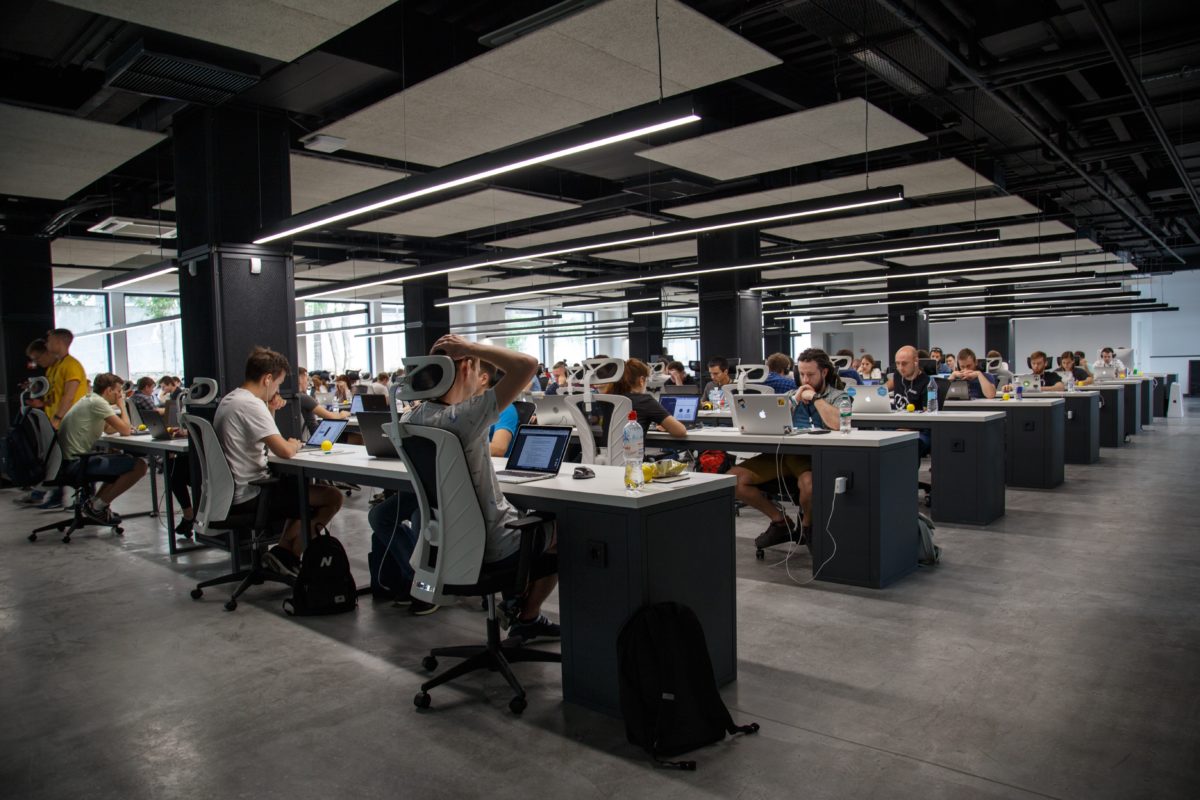
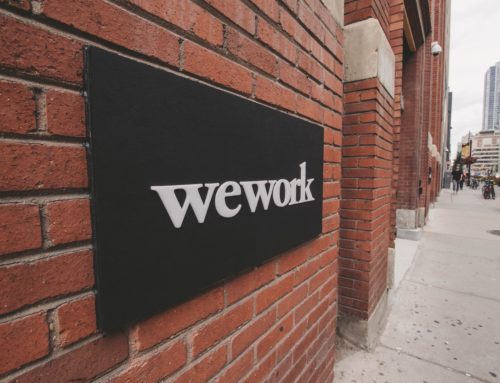
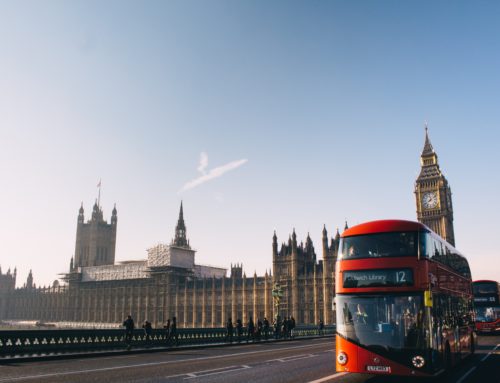

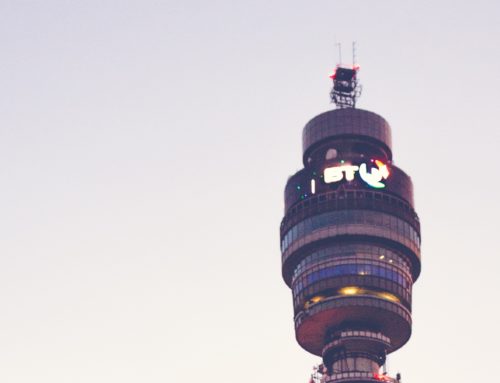
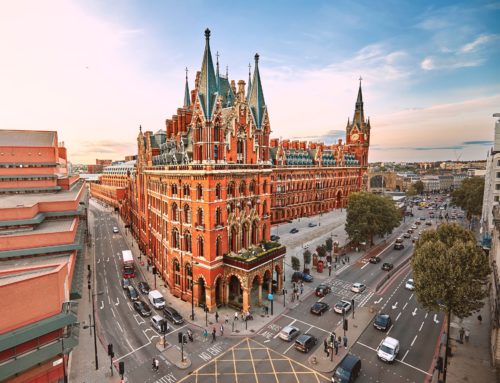
Leave A Comment